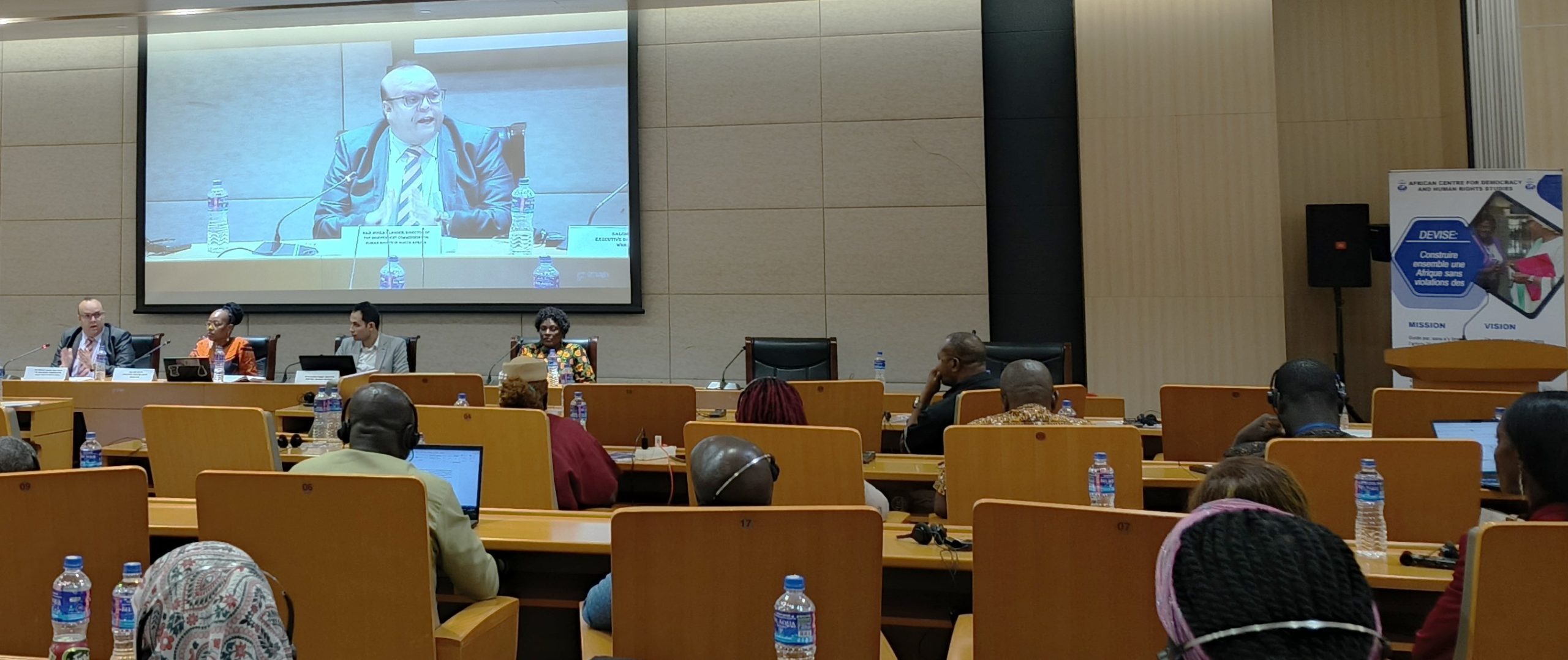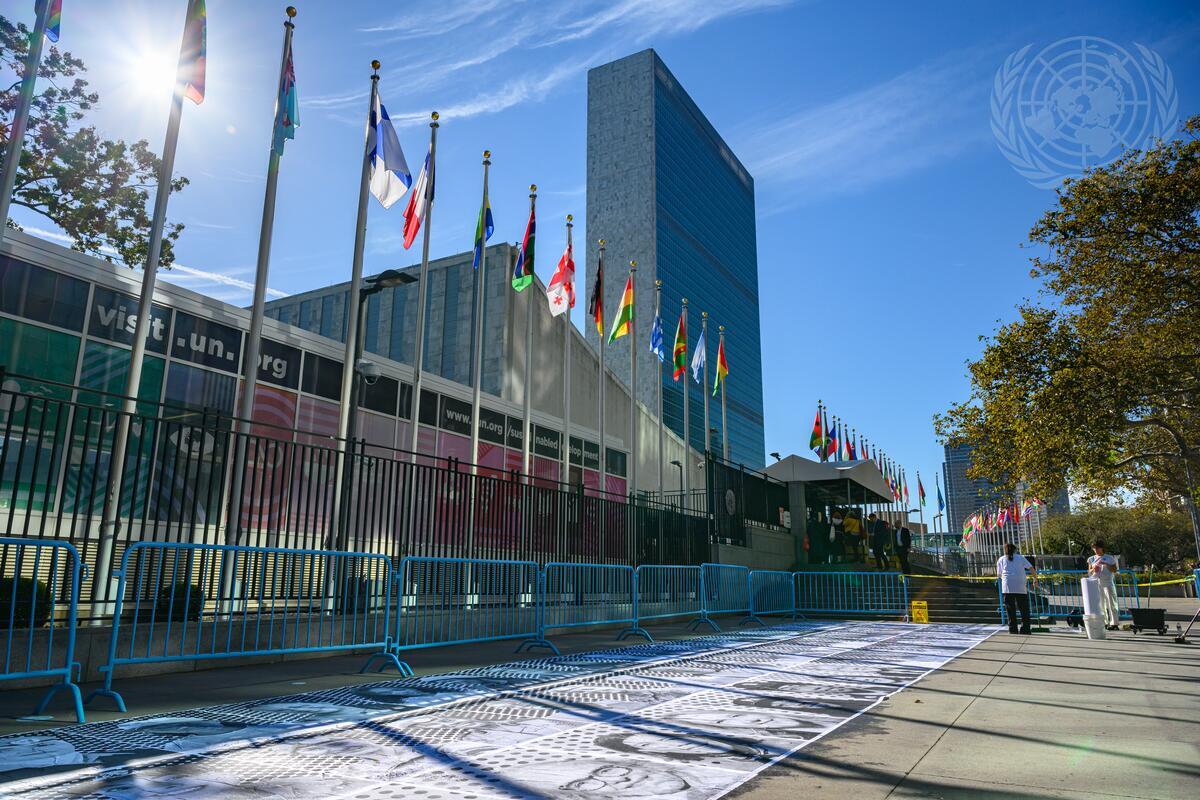We, the undersigned NGOs, call on the international community to press Saudi Arabian authorities to immediately and unconditionally release women’s rights activist and academic Salma al-Shehab, who was recently sentenced to 34 years in prison based on tweets in support of women’s rights and for the respect of basic rights. It is the longest known prison sentence handed down against a peaceful activist for their free speech in Saudi Arabia, signaling an alarming deterioration of the human rights situation in the country.
Al-Shehab, a 34-year-old mother of two children, is a dental hygienist and PhD student at Leeds University in the United Kingdom, where she was residing before her detention. She was arrested on 15 January 2021 while on holiday in Saudi Arabia, and subjected to solitary confinement and lengthy sessions of questioning over a period of nine and a half months before being brought before the Specialised Criminal Court (SCC), a court used as an instrument of repression to silence dissent in the kingdom. Al-Shehab belongs to the country’s Shi’a Muslim minority, who have long suffered from the government’s repression.
On 9 August 2022, the Specialised Criminal Court of Appeal sentenced al-Shehab to 34 years in prison after a grossly unfair trial, to be followed by a travel ban of the same length. The charges against her included “supporting those who seek to disrupt the public order”” and publishing tweets “that disrupt the public order”, in connection with posts on her account where she expressed support for prisoners of conscience such as women’s rights activist Loujain al-Hathloul. The sentence also includes closure of her Twitter account and deactivation of her phone number.
Al-Shehab was sentenced under the kingdom’s draconian Counter-Terrorism and Anti-Cyber Crime Laws, which include vaguely formulated provisions that criminalise the rights to freedom of expression, association and peaceful assembly in Saudi Arabia. She was initially handed down a six-year sentence in March 2022, 14 months after being detained, but her sentence was increased during the appeal process, resulting in the longest known prison sentence against a peaceful activist in the kingdom. This ruling is subject to appeal in the Supreme Court.
We strongly condemn the arbitrary arrest and unlawful sentencing of al-Shehab, which marks a further escalation in the crackdown on free speech in Saudi Arabia. In contrast to the authorities’ rhetoric on human rights, including women’s rights and legal reforms, the real drivers of reform – the activists calling for basic rights – continue to be ruthlessly targeted and silenced, with repressive laws being used to criminalise their peaceful expression and activism.
Al-Shehab’s unjust sentence follows the recent visit of US President Joe Biden to Saudi Arabia, as well as French President Emmanuel Macron’s hosting of Saudi Crown Prince and de-facto ruler Mohammed bin Salman in Paris. Such high-level meetings, without firm preconditions being set, have only emboldened the kingdom’s leadership to commit further abuses, as many of us warned before Biden’s trip.
As global calls to hold Saudi Arabia’s leaders accountable – notably over the state-sponsored murder of Jamal Khashoggi in 2018 – have become more muted, the authorities have reverted to their habitual pattern of repression, an ongoing feature of the crown prince’s rule since 2017. It includes the arbitrary arrest and detention of people peacefully exercising their fundamental rights; lengthy prison sentences for peaceful critics after grossly unfair trials; arbitrary use of travel bans against activists once released from prison; deliberate medical and administrative neglect leading to deaths in detention and the inhumane conditions of detention centers holding migrant workers and their families.
Meanwhile the Saudi authorities have carried out 120 executions so far this year – more than double the number for the whole of 2021 – including the execution of 81 men on 12 March 2022, its largest mass execution in recent decades.
Only sustained international pressure on the Saudi authorities will lead to meaningful progress towards full respect for human rights and freedoms in the country. We therefore call on the international community, especially states with diplomatic leverage such as the United States and the United Kingdom, to press the Saudi authorities to immediately and unconditionally release Salma al-Shehab and quash her conviction, as well as release all others currently detained in the kingdom for the peaceful exercise of their fundamental rights.
Signatories:
- ACAT-France
- Access Now
- ALQST for Human Rights
- Americans for Democracy & Human Rights in Bahrain (ADHRB)
- Amnesty International
- ARTICLE19
- Danish PEN
- Democracy for the Arab World Now (DAWN)
- Electronic Frontier Foundation
- English PEN
- European Centre for Democracy and Human Rights (ECDHR)
- European Saudi Organisation for Human Rights (ESOHR)
- FEMENA
- Freedom House
- The Freedom Initiative
- Freedom Now
- Gulf Centre for Human Rights (GCHR)
- Human Rights First
- Human Rights Foundation (HRF)
- Human Rights Sentinel
- IFEX
- The International Campaign for Freedom in the United Arab Emirates (ICFUAE)
- International Federation for Human Rights (FIDH), within the framework of the Observatory for the Protection of Human Rights Defenders
- International Service for Human Rights (ISHR)
- MENA Rights Group
- Peace Action
- PEN America
- PEN International
- Project on Middle East Democracy (POMED)
- Red Line for Gulf (RL4G)
- Scholars at Risk
- SMEX (Social Media Exchange)
- The Tor Project
- Vigilance for Democracy and the Civic State
- World Organisation Against Torture (OMCT), within the framework of the Observatory for the Protection of Human Rights Defenders
Download as PDF




